Viet Green Responsible Travel Policy
The staff at Viet Green Luxury Travel is asked to recycle all waste paper, cardboard, cans, and plastics, to turn off computers and appliances, air conditioning/heating and lights at night. We work at reducing our carbon footprint in our Offices
Viet Green Luxury Travel presents its Responsible Travel Policy. Responsible travel is about the attitude you exhibit and choices you make when traveling with respect to the benefit of the local population and its culture. All our tours are not only saturated and interesting but also provide benefits to the environment and the local communities. We strive to preserve the uniqueness of fragile remote places and small communities and to minimize the negative impact of tourism on local natural and cultural environments.
The aim of Viet Green Luxury Travel is to give a chance to our tourists to explore and experience the Vietnam ancient culture and breathtaking landscapes, not only in an exciting way but also in a safe and responsible way. We aim to create better travel experiences for our customers and believe that the local communities can take a lot of benefits from responsible tourism. We assist to the communities with whom we collaborate so that they can earn an income.
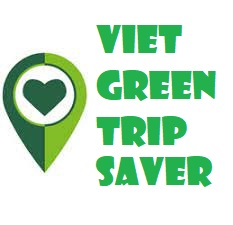
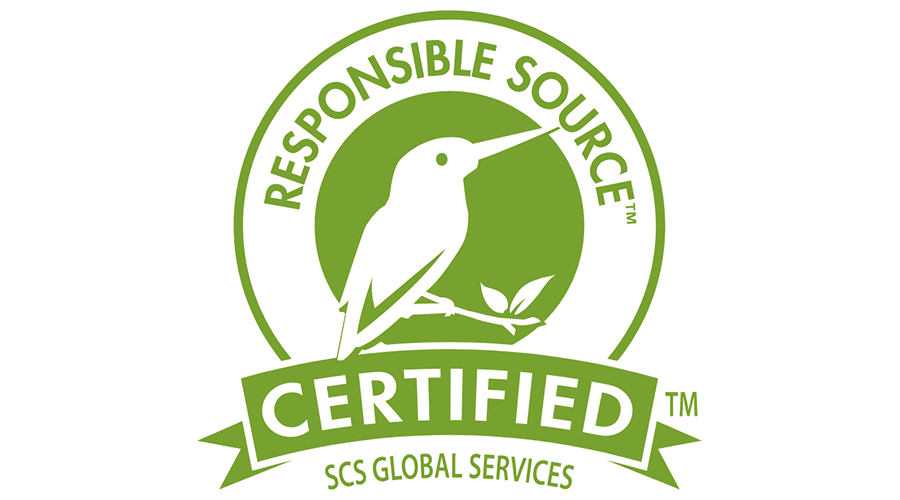
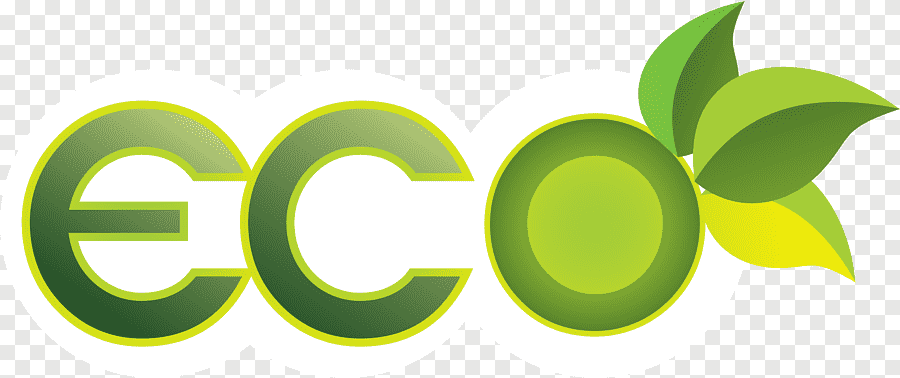
Our Viet Green Luxury Travel tours are created by taking into account the following environmental principles:
- Avoid renting a car if it possible by using varied local transport, such as local buses, trains, and forms of public transport when appropriate, thereby maximizing the contact with local people
- Inspect and conduct maintenance of our vehicles so they perform at full efficiency, thereby limiting the formation of carbon emissions while ensuring our clients’ safety and comfort.
- Reduce waste and pollution by minimizing the use of plastic bags, plates, bottles etc.
- Prefer small hotels and guest houses, which uses energy from renewable sources (sun power)
- Clients receive a «code of conduct» document how to minimize the overall impact of tourists on the country they are traveling, such as electricity conservation, avoiding buying animal products etc.
- Recycle, repair and reuse as much as possible on tours and at our administrative offices;
- Reduce the waste of water and electricity. Tourism can put pressure on local resources these services and supplies which can, in turn, reduce the supplies available to local people. We inform clients about local issues such as the availability of hot water, the scarcity of water in a particular area, about the style and limitations of local plumbing.
- Strict rules to minimize the effects of people’s presence to preserve and protect delicate ecosystems, wildlife and natural habitats (to dispose of all rubbish); many of our tours include opportunities to view local wildlife in national parks. Whilst these excursions can benefit both the animals and the local people who depend on them for a living, they need to adhere to strict animal welfare standards to ensure that the animals aren’t exploited.
Along with environmental responsibility, we also focus on economic responsibilities.
- We employ local citizens for managing our operations.
- We support local tourism in regions where it exists such as rural tourism or historical trip.
- We encourage our clients to buy locally made things. We also advise them to buy craft items and other gifts from local stores, which serve as great monuments.
- We ensure that local economies benefit from our business by using locally-owned accommodation, employing local people as specialist guides, working with local operators and suppliers, sourcing food from locally-owned stores and eating and drinking in local bars and restaurants. In doing so, we are not only investing in local communities but also offering our travelers a genuine insight into a country and its people.
- We deal with locally owned, managed and staffed ground agents and, where possible, try and stay in locally owned hotels and lodges. The ground agents pay a fair salary to staff and provide regular training to support their future development. By doing so all wages paid to the staff generated from our partnership remains in their own community and is spent by them as they see fit.
- We aim to produce authentic experiences on our trips so guests of the countries can learn about the communities and cultures they visit to the benefit of both locals and visitors. We encourage all visitors to respect local customs and religions: through positive interaction with local communities not only does this generate a mutual respect between cultures it helps produce a more enriching experience for visitors and locals alike.
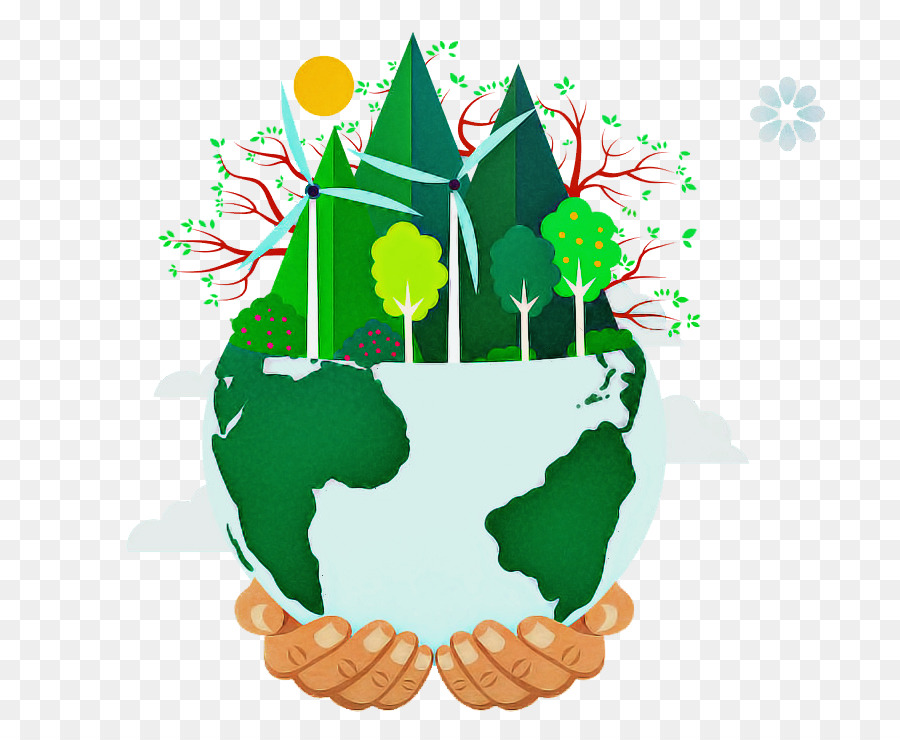
Travel to national parks and wildlife areas can bring positive economic benefits as entrance fees contribute to the maintenance and conservation of local flora and animal species, while visitors benefit from the educational aspects of the area and take away with them an increased awareness of the need and place for conservation.
- Stick to roads and established paths, keep to speed limits and do not drive the truck off road except in the case of emergency
- Avoid damaging local flora and fauna – this can take years to regenerate
- Follow the instructions of local guides regarding appropriate conduct
- Maintain the legal distance from animals, as instructed by your local expert guide
- Do not feed the animals – this can make animals sick, overweight, and be stressful for them
- Do not touch the animals – this can transmit diseases to the animals and you may also put yourself at risk of transmission at the same time.
- Approach animals quietly, cautiously and slowly so as to avoid distressing them, but avoid approaching nesting or breeding sites as this can cause stress to parents and young alike.
- Consider getting a camera with a long-range lens so you can take candid shots of the animal’s natural behavior
- Turn off your flash when taking photographs and avoid shining lights directly at animals or in their eyes at night
- Do not support attractions which use animals as entertainment for profit.
- Avoid animal parts such as teeth, or whole specimens like butterflies
- Avoid wild animal meat on restaurant menus, even if it does sound adventurous
Many of our tours offer opportunities to visit ancient places such as UNESCO World Heritage Sites where our entrance fees contribute to the maintenance and restoration of these unique places.
- Respect signage
- Take only photographs and leave no litter or graffiti behind, even if others have done so
- Do not attempt to bring home any rocks or stones or other souvenirs of the location
- Don’t purchase such items from vendors as this can encourage the ongoing destruction of local areas of interest
- Do not disturb vegetation
- Do not urinate near or into streams or dump chemicals into the water – use the toilet and ablution facilities provided
- Avoid using soaps with phosphates and don’t wash while you’re swimming if the fresh waterway is likely to be polluted by local people downstream
- Do not uproot plants or trees – seek clearings and try not to create new trails or tracks, even if existing tracks are muddy.
- Carry all waste out – do not leave any plastics, cans, bottles, bottle tops or cigarette ends behind
- Try to recycle where facilities exist
- Do not leave any glass bottles or cans behind and pick up any other non-biodegradable objects such as cigarette butts and papers.
Local food and restaurants. In all our tours, we encourage clients to eat at locally-owned restaurants rather than global multinational companies which they’re familiar with at home. That not only provides clients with more authentic experience of local cuisine and culture but also supports local businesses and maintain their traditions in terms of cuisine and cooking methods. Our commitment to supporting local businesses means that these companies continue to prosper and develop their products and services. We have an excellent long-term relationship with small communities owning family-run guesthouses and small restaurants. We use local meal service wherever available to small communities benefit from tourism and add local flavor to trip.
Local excursions and adventure activities. Optional excursions are often an exciting part of a journey. We look for activities which will suit our clients’ varied tastes and budgets while supporting local operators and putting money back into local economies.
Local guides and local representatives. We have always used local operators, representatives and specialist guides. This ensures knowledgeable, enthusiastic staff, through guiding and support of local individuals and businesses. Our close relationships with local companies allow us to put more money back into the local economies. It also allows clients to gain greater insight into the local customs and traditions through their contact with our local operators.
Local accommodation. We offer travelers many opportunities to stay in homestay accommodation. We think that traveling to foreign countries provides a chance to experience new cultures and interact with new people.
Purchasing souvenirs from local artisans. In different regions of Vietnam, there are small communities producing exquisitely hand-crocheted dolls who wear the costumes of traditional Vietnam regions. The communities also produce hand-crocheted fridge magnets in shapes of fruits or animals. The other community produces sewn products, including oven gloves, pot holders, aprons, blankets, cosmetic cases, and iPhone holders. During our trips, we visit local communities where tourists/visitors will meet and communicate with local residents, who are very respectful and friendly people.
- The true rewards of travel come from experiencing a different culture while also giving something back to the communities who make us welcome.
- As a tour operator, it is essential to respect the customs of the people we are visiting.
- We aim to avoid causing offense and to help clients to appreciate the local culture, enriching their experience and helping local people to enjoy their interactions too.
- Viet Green Luxury Travel should ensure that local economies benefit from our business by using locally owned and managed accommodation, employing local people as expert guides, sourcing our food and equipment locally where possible and eating out in locally run restaurants.
- We must minimize our impact on the environment by reducing and offsetting our carbon emissions, reducing waste by recycling, repairing and reusing what we can, and being careful of delicate ecologies, wildlife, and their habitats.
- We believe in promoting participation of all local communities that exist in areas where we operate.
- We treat all people respectfully and carefully observe traditions which they practice. We encourage all our clients to do the same and provide them with details about the national culture. We gave them complete knowledge regarding the traditions and advise them to learn the basics of the local language. When we use local guides who help our clients, it ensures that at least some of the local communities do gain benefit from our business.
- We lay an emphasis on providing our clients with information through local guides and request them to pass on their cultural knowledge to our tour groups. This gives them insight into their destinations in an enjoyable manner and benefits both the localities and the clients.
- Viet Green Luxury Travel are aware that relaxation is important for every holiday, but as humans, we should respect our fellow beings. As such we want our clients to provide a good impact on their destinations. For every single tour, we offer detailed notes that highlight cultural sensitivities, and we expect you to read them. Upon arrival of the clients, our tour guides also brief them about the same.
- Though we provide specific advice with every destination on your list, we have compiled a Travelers Code. These guidelines are complete in the general sense and provide advice on all the fundamentals.
- We also consider ethics to be an important part of our research. We value feedback on our policies, and so we request our clients to comment on our responsible practices.
The staff is committed to being as environmentally friendly as possible. Many of the staff cycle or walk into work, some car-share and others use public transport. All paper, as well as aluminum cans and plastic, are recycled. Our offices endeavor to be environmentally sound through practicing energy conservation and adhering to recycling schemes.
For example:
- The separate paper, cardboard, plastics and metal cans for recycling.
- Keep our offices clean and comfortable to facilitate a good working environment for all staff;
- We store most data electronically rather than on paper printouts. Clients and agents can book online – paper booking forms are not required
- An interactive online brochure is available to view
- Where photocopying is necessary we try to print on both sides of the page
- We purchase stationery made of recycled materials wherever possible
- We keep our office tidy, clean and comfortable, providing our staff with an appreciable working environment.
Staff Education
The staff at Viet Green Luxury Travel is asked to recycle all waste paper, cardboard, cans, and plastics, to turn off computers and appliances, air conditioning/heating and lights at night. We work at reducing our carbon footprint in our Offices. Through energy conservation measures and recycling policies, we are proud to be actively reducing the waste produced and our impact on the environment.
Paper
- We are recycling 100% of all the paper and cardboard material which we use.
- We store all our data through electronic means and do not rely on printouts or hard copy records.
- Both our clients and agents make their bookings by mail.
- We email travel guides and other relevant information to the clients, thereby reducing the use of paper.
- We refrain from the unnecessary printing of emails and documents.
- If we have to photocopy, we do it on both paper sides.
- We buy stationary that has been made from recycled materials.
- We buy toilet paper and other materials that are made through renewable energy resources from recycled materials.
Electricity and technology
- We use computers, photocopiers, printers and fax machines etc. which have energy-saving functions
- We turn off all appliances overnight (except necessary servers)
- We use energy efficient strip lighting wherever possible and encourage staff to turn lights off when natural light is sufficient in a room
- We recycle printer cartridges and purchase recycled cartridges where possible
- Maintain the air conditioning/heating at optimal temperatures for the comfort of staff and energy efficiency
- The use of air conditioning and heating is on staff agreement only and is turned this off at night and during weekends
Transport
Most of our staff are quite active and live relatively close to the office, encouraged to walk or take public transport to work. We try to carpool wherever possible for events or use public transport
Water
The staff is asked not to wash dishes under running taps, plug the sink instead.
Group Size
Our group tours have a maximum of 25 participants, meaning that we have a low impact on the environments and communities we visit. We do not disrupt or lead to the displacement of local people. The small number also allows us to stay in unique, family-run hotels that cannot benefit from coach tours and other mass tourism due to their limited sizes.
We believe the development of responsible operations is a process, not a step. So we would welcome any comments that would help us become more established in this sense. We are constantly refining our policy and any questions, comments or need further information about our Responsible Travel Policy, please contact info@vietgreentravel.com , hotline: +84.847533333
![]()



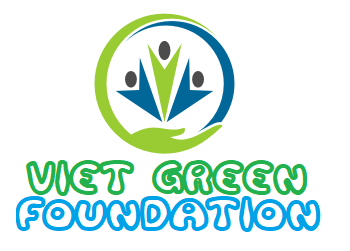
 Viet Green Trip for Android
Viet Green Trip for Android Viet Green Trip for iOS
Viet Green Trip for iOS Review Us at Trustpilot
Review Us at Trustpilot Review Us at Tripadvisor
Review Us at Tripadvisor


